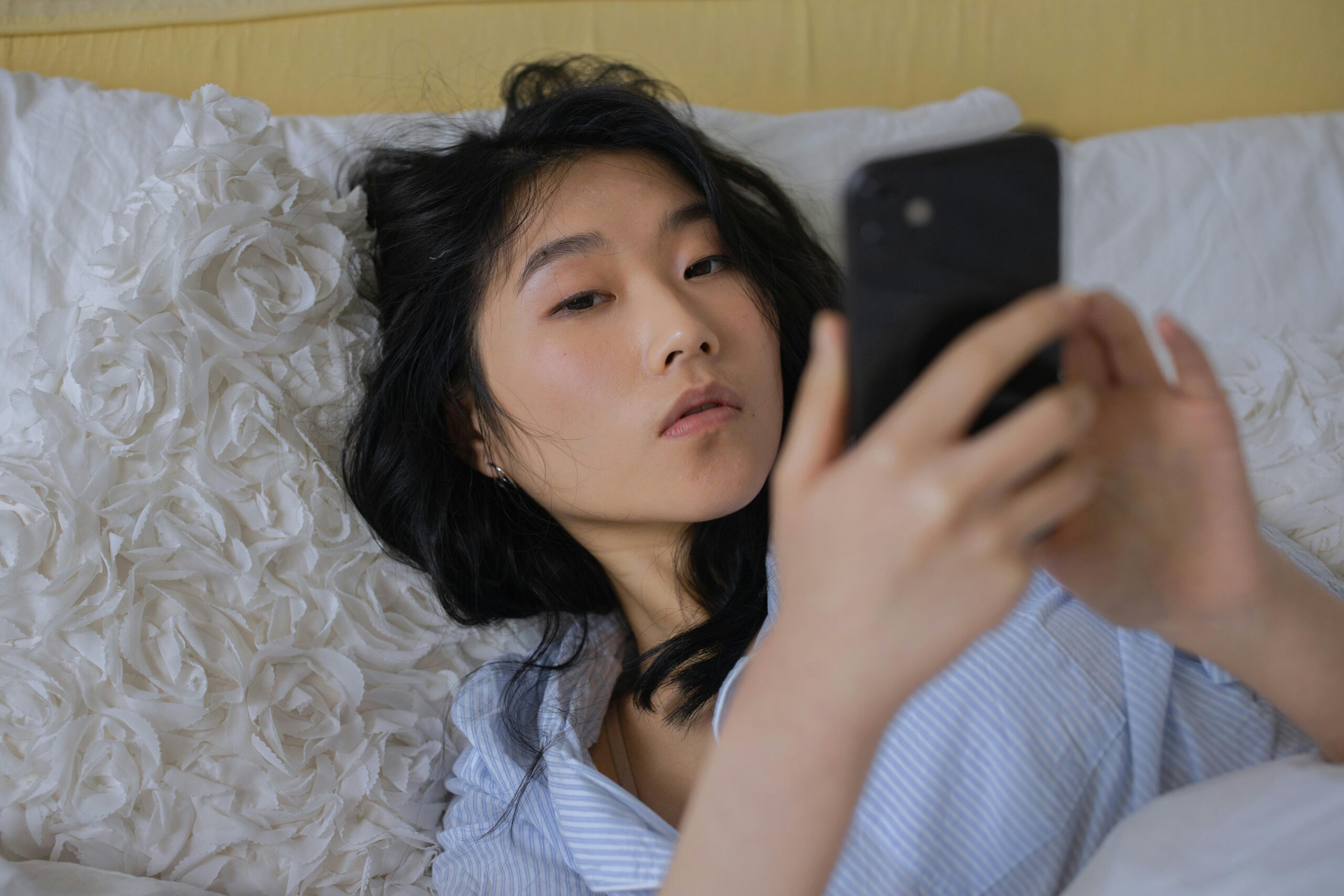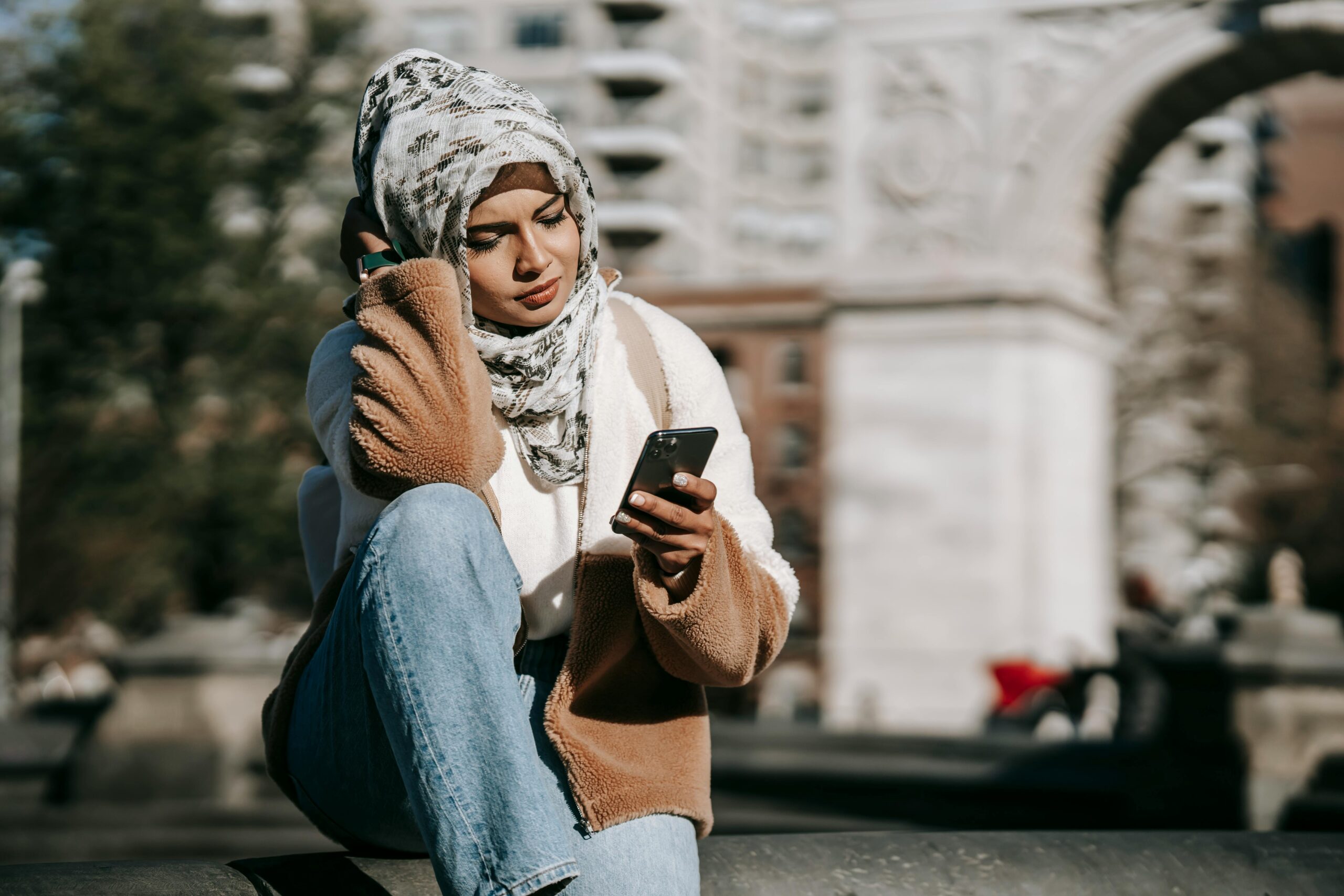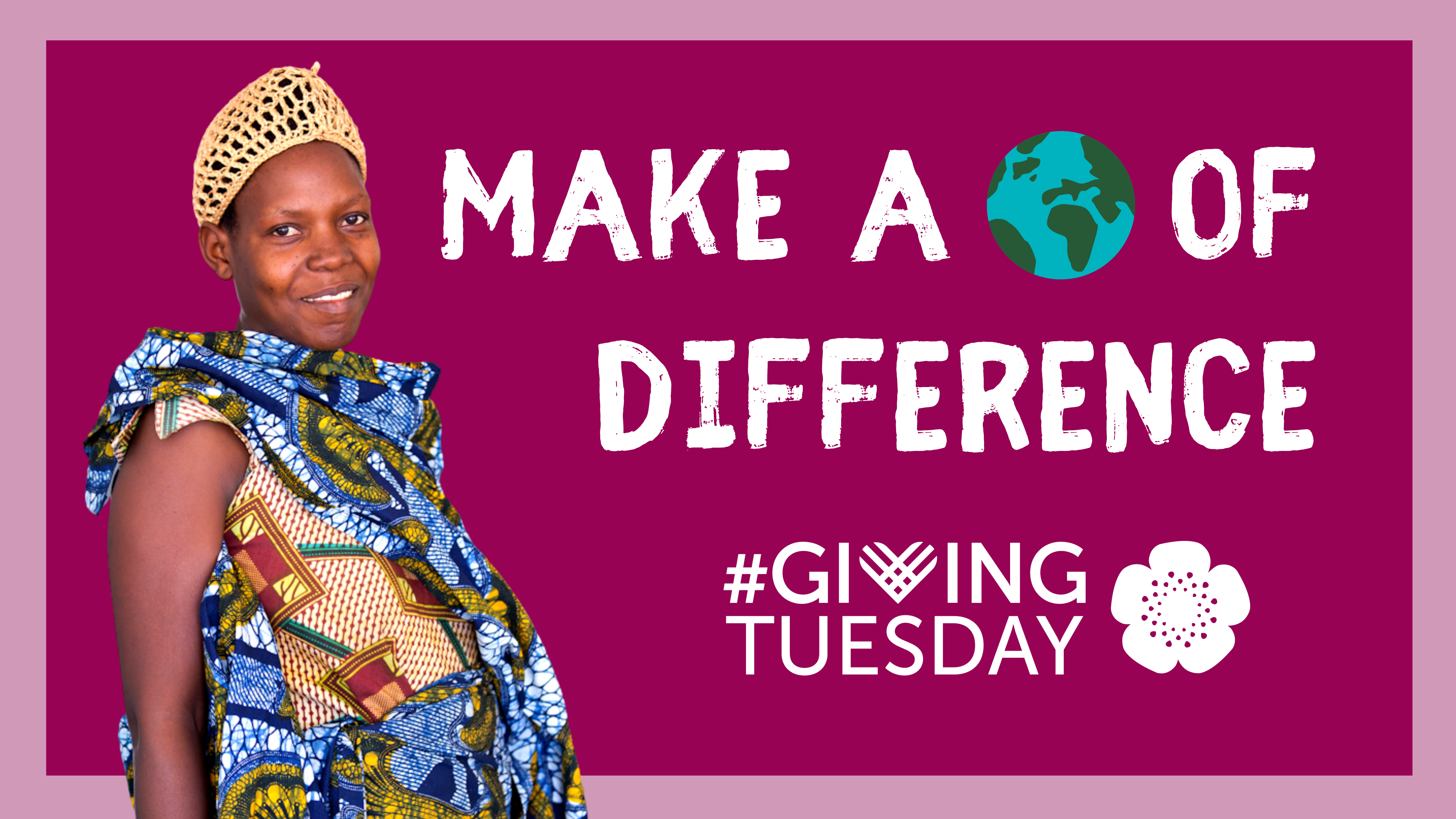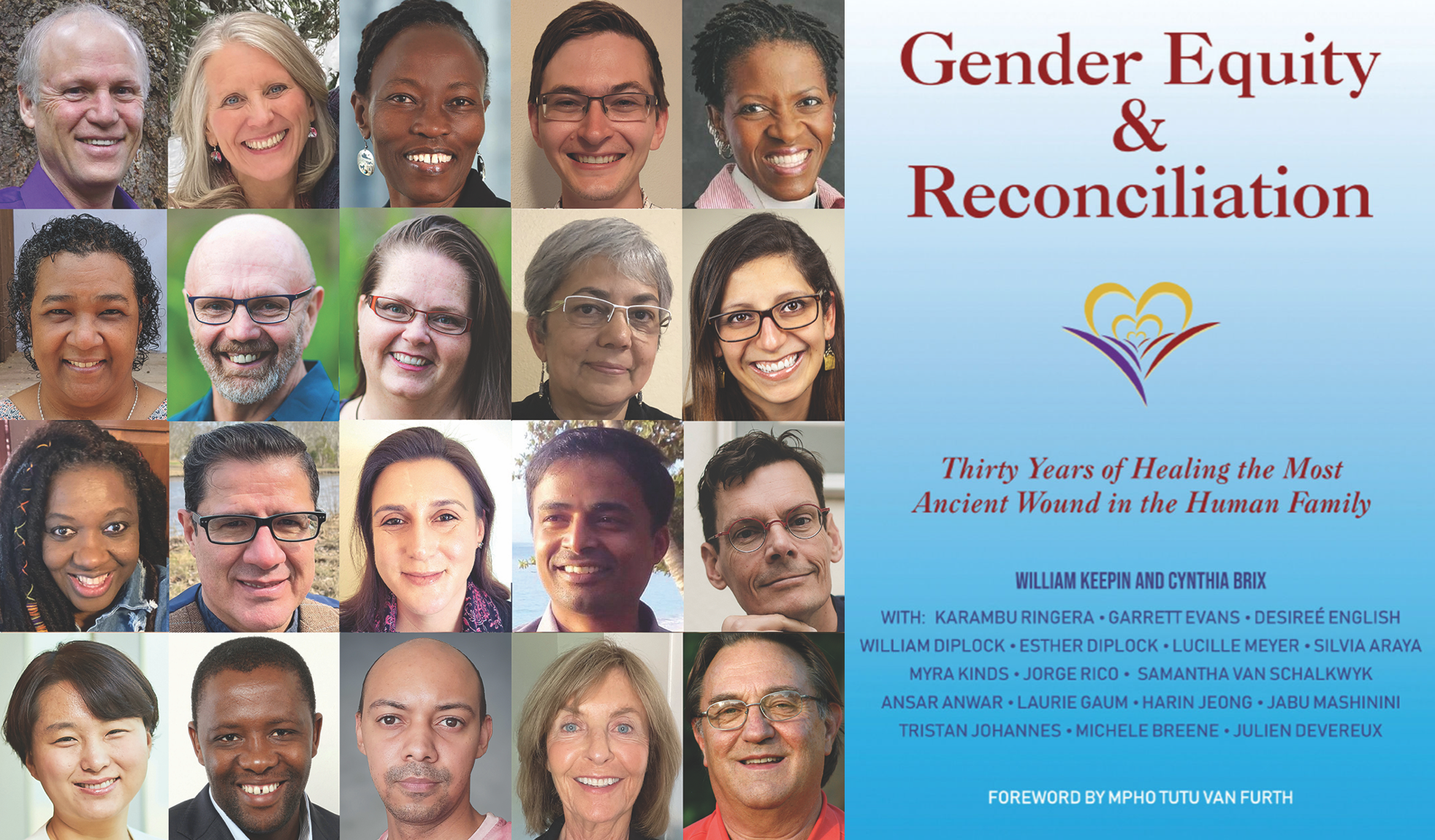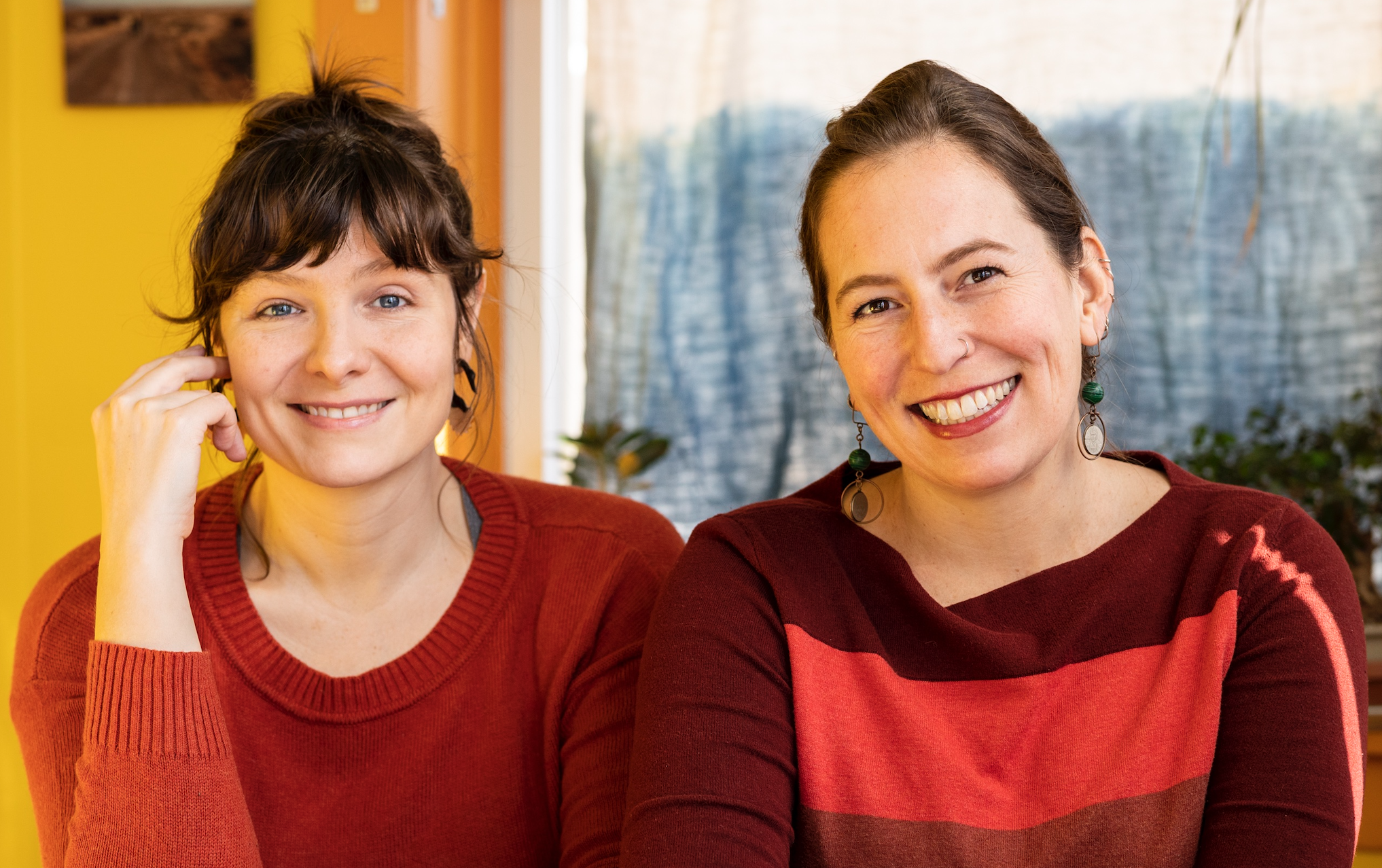
For many of us, being female in public is not a big deal. We don’t see it as any sort of controversial, counter-culture or defiant statement. But for women in certain countries around the world, it absolutely is. If we really thought about it, every woman at some stage in her life experiences being uncomfortable in public – whether it be catcalling, sexual harassment, stalking, being told to smile by random strangers, or wolf-whistling.
Experiencing any of the above is often a daily reality for women. Yet there are also women who live in a culture where being out after dark without a male companion is seen as taboo. Where a trip the the grocery store means they have to be wearing a certain type of clothing so as not to attract the wrong type of attention. Where driving, playing sports, or working outside the home is forbidden, and simply because of their gender.
We’re not saying men have never felt unsafe in public or have never been harassed. The difference here is that there are places where there is a fundamental cultural understanding of women not being equal to men, and this affects the way they are treated out in public.
According to the 2015 report of the Human Rights Commission of Pakistan, which monitors newspapers for cases of violence against women, 597 women and girls were gang-raped, 828 raped and 36 stripped in public in the country last year. The Gender Gap Index of the Global Gender Gap Report of 2014 by the Geneva-based World Economic Forum, ranked Pakistan second-to-last in gender equality globally in access to health care, education and work.

A new online campaign is aiming to give support and a strengthened voice to women in one country where gender violence and harassment is a big problem. Girls At Dhabas was started by 3 University students in 2015 who wanted to unapologetically make a feminist statement about women in public spaces for South Asian women.
Karachi University Student Sara Nisar, 22, together with Mount Holyoke College in Massachusetts students Natasha Ansari, 25, and Sadia Khatri, 24, combined forces to create a Tumblr page, which has now grown into a large community of women sharing their own experiences and images of showing up in public.
Initially it started with Karachi-based Sara posting an image on her Instagram account hanging out with her friends at a local dhaba (which is simply a neighborhood bar serving tea, coffee etc where locals come to meet friends at hang out at). Sara used the hashtag #girlsatdhabas and it started to gain some interest from people who suggested she turn it into a Tumblr.
The movement was a way to state how dhabas are a woman’s place too and they should be free to eat, drink, meet friends, play sport, climb trees, read books etc. Soon women from all over Pakistan (mostly a very conservative Muslim culture) were submitting and uploading their own images of them at local dhabas and even extending the idea of the movement to other traditionally male activities like riding a bike, playing cricket, driving a rickshaw etc.

In an interview with The Hindu, Sara says the movement implies ownership of space for women, especially in a culture where they are taught to remain invisible or stay away from.
“‘Girls at Dhabas’ wasn’t necessarily a preconceived idea. Our growth has been very organic. The hashtag found resonance after we started documenting photos at dhabas. The hashtag has now come to symbolize a lot more in terms of the conversation around reimagining public space for women in Pakistan,” she said.
Today there are 10 women who run the social pages, all of whom come from varying socio-economic backgrounds.
“Some of us are working full-time, some are in undergrad or grad school, one is a journalist, another, a filmmaker, teacher, graphic designer, and several work with NGOs and research collectives,” she said.
They were influenced by other similar social movements aimed at giving women power in public spaces to be autonomous, such a the ‘Why Loiter’ campaign out of India, which has enabled them to connect with other organizations and NGOs and be part of a much bigger feminist movement in the region.
“It’s reassuring to know this work isn’t being done in isolation. It’s particularly encouraging to know that there is a history and context to gender dynamics in public spaces in South Asia that many people are trying to battle,” she said.

Since launching #girlsatdhabas, they have had the opportunity to collaborate with the 3 girls who started ‘Why Loiter’ and amplify the message in a bigger way, especially since the WL campaign is very recognizable in India.
The constant stream of requests for collaboration and post submissions has enabled Sara and her team to recognize how the issue of gender and public space is resonating with a lot of women.
“The best are the messages from women, even young girls in school, thanking us for bringing up issues of everyday misogyny. ‘I’m so glad I’m not the only one who feels like this,’ they say. There is a lack of spaces, online and offline, where feminists can connect with each other. The response we’ve got convinces us that we need to keep the community going, because it is clearly filling a gap,” she said.
Also encouraging to hear is the positive reaction from some men, some of whom have been involved in the project from the start as allies.
“The conversation has to take place among all genders because public spaces affect us in different ways, and our interaction with it affects others’ interactions. Amongst our friends, for example, we have discussions about how men, who are extremely comfortable in public space, might be contributing to creating a hostile environment for women. What are the ways in which they can be conscious of their behavior? How can men interact with other men and make them more sensitive to issues of gender in public space, and gender norms generally,” she said.

Not surprisingly, the majority of the #girlsatdhabas critics are men, specifically religious men, which plays into a larger conversation happening across the country right now. A new comprehensive Women’s Protection Law is being championed by many across Pakistan because it focuses on women’s rights in cases of domestic and gender violence.
But those who are against it are religious men who claim the law would interfere with their own religious beliefs and decisions. It’s a bizarre and heart-breaking stance to take, especially since there are many within the Muslim community who will go to great lengths to point out that Islam is a peaceful religion when there is a lot of intensity surrounding the aftermath of a terrorist attack by the hands of a religious extremist.
Sara believes the #girlsatdhabas allows women to stand against any religious-based misogyny that dictates how women should be seen and operate in public spaces.
“There is the popular argument based on religion, where we are told our narrative doesn’t fit into the one Islam has prescribed for women; there is the quick dismissal by elite, progressive and ‘secular’ men who feel threatened and can’t figure out why women want to sit at a dhaba and have chai, why it is even an issue — but there’s a long way to go before any of those mindsets can be eradicated or addressed,” she said.

“Not necessary, not relevant, and just drama. Women are meant for families, for the house. This is shameful,” said one critic, Qamar Mumtaz, a security guard in Islamabad, who works at an office building with women.
She and her team have learned that getting into debates doesn’t get them anywhere, so they have resolved to setting an example with their images and stories of women, in the hope it will educate and enlighten critics of their movement.
“Most of us could narrate instances of childhood where we were either told by the boys playing street cricket that we can’t play with them or discouraged or not allowed by parents. Cricket on the streets is something girls aren’t supposed to do so it seemed like a natural next step to take, after going to dhabas. We hope this next evolves to other traditionally male-dominated domains,” said #girlsatdhabas co-founder Sadia Khatri.
This is the type of movement that doesn’t have an outward political message, but speaks directly to the idea of the personal being political. The laws that prohibit women from participating in the same opportunities as men publicly, which say women do not have a right to speak, to take up space or to be controversial.
“Everything is political, especially when it exists in a public space, or a space others interact with,” states Sara.
To see more of the #girlsatdhabas movement, visit the Tumblr page and Facebook Page.












